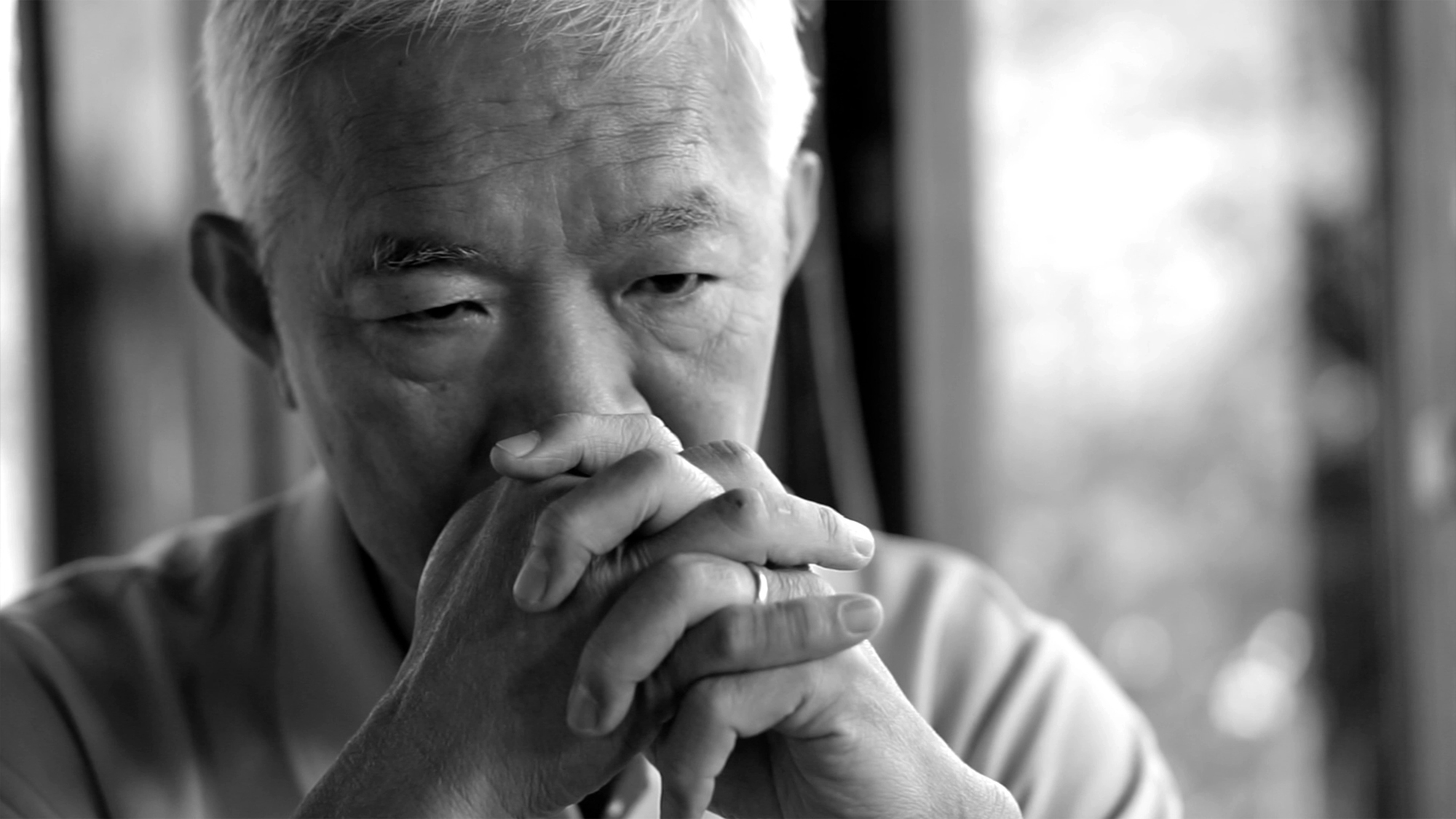The quest for a long and healthy life has spurred an entire industry, offering everything from supplements and books to gadgets and tips.
People worldwide are eager to uncover the secrets of the world’s oldest individuals, especially those from “blue zones” – regions famous for having a high proportion of centenarians.
However, in an article published by the South China Morning Post, new research casts doubt on the reliability of the data that fuels these longevity claims.
Flawed data on supercentenarians?
Saul Justin Newman, a researcher at University College London’s Centre for Longitudinal Studies, said that much of the data surrounding extreme old age is “junk to a shocking degree.”
His study, currently undergoing peer review, challenges the accuracy of the records about supercentenarians – those who live past 110 – across countries like the United States, Italy, England, France, and Japan.
Newman’s findings suggest that many supercentenarians hail from areas with poor health outcomes, high poverty rates, and unreliable record-keeping.
He humorously argues that the “secret” to longevity may be “moving where birth certificates are rare, teaching your kids pension fraud, and starting to lie.”
Japan’s missing centenarians
One striking example Newman points to is Japan’s case of Sogen Kato, who was once thought to be the country’s oldest living person.
Kato’s mummified remains were discovered in 2010, revealing that he had died in 1978, but his family had continued to collect pension payments for him for decades.
A government review following the discovery found that 82% of Japan’s centenarians – 230,000 people – were either missing or dead.
“Their paperwork is in order; they’re just dead,” Newman explains, shedding light on a major flaw in the system that relies on potentially inaccurate or outdated documents to confirm age.
The ‘blue zones’ controversy
The concept of “blue zones” refers to regions where people are said to live significantly longer and healthier lives. The term was first coined in 2004 by researchers studying the Italian island of Sardinia.
Later, National Geographic reporter Dan Buettner expanded the idea to include Okinawa, Loma Linda, Costa Rica’s Nicoya Peninsula, and the Greek island of Ikaria.
However, Newman’s research casts doubt on the credibility of this data. In Costa Rica, a 2008 study revealed that 42% of centenarians had likely lied about their age in previous censuses. In Greece, 2012 data indicated that 72% of the country’s centenarians were either dead or fabricated.
“They’re only alive on pension day,” Newman says, pointing out the ongoing issue of age fraud in these regions.
Response from Blue Zone researchers
In response to Newman’s critique, prominent blue zone researchers called his findings “ethically and academically irresponsible.”
They argue that the areas in question are smaller than Newman suggests and that their work meticulously validated the ages of centenarians by double-checking historical records and registries dating back to the 1800s.
Nevertheless, Newman argues that inaccuracies in original birth certificates lead to a chain of consistent but wrong records. “If you start with a birth certificate, that’s wrong; that gets copied to everything,” he explains.
New techniques to verify longevity claims
The controversy has led some to seek alternative methods to verify the ages of extreme centenarians.
Steve Horvath, an ageing researcher at the University of California, has developed a technique called the “methylation clock,” which uses DNA to detect fraud in longevity claims.
Although the clock can identify severe fraud cases, such as when someone assumes another person’s identity, it is not yet precise enough to distinguish between very old ages, such as 115 and 120 years old.
Horvath has also offered to test the DNA of Jeanne Calment, the French woman who holds the record for the oldest verified age at 122. He describes Newman’s analysis as “rigorous and convincing” but acknowledges that some blue zone claims may still hold merit.
The bottom line
For those at home hoping for a long and healthy life, Newman’s advice is straightforward — “Don’t buy anything.”
Instead, he recommends following basic health principles – listen to your doctor, exercise regularly, and avoid smoking or excessive drinking. Ultimately, the secret to longevity may not lie in special diets or supplements but in the simplicity of a healthy lifestyle.
Featured image by Depositphotos (for illustration purposes only)

